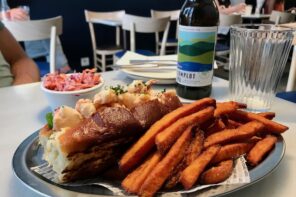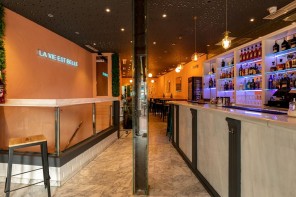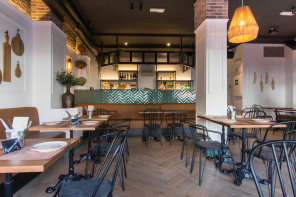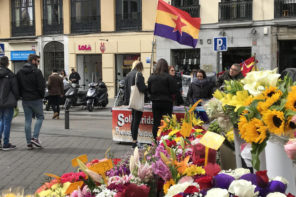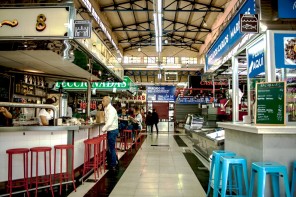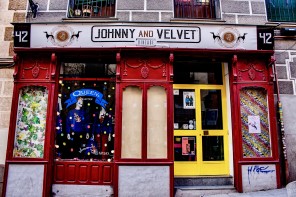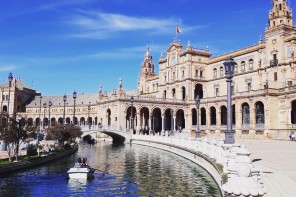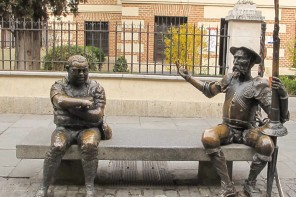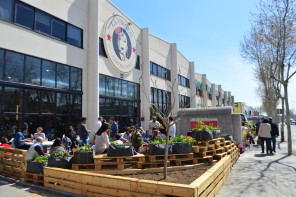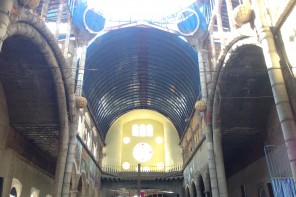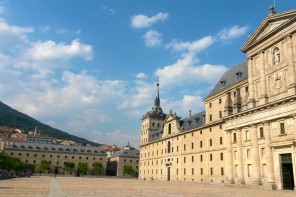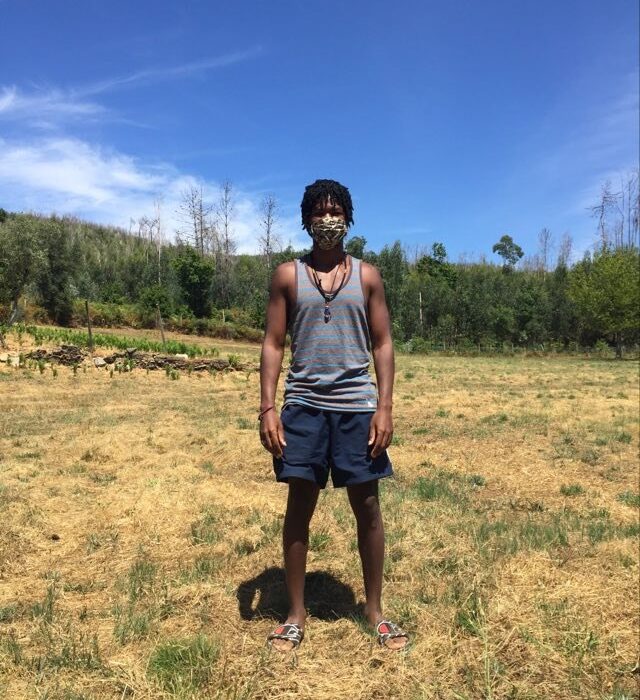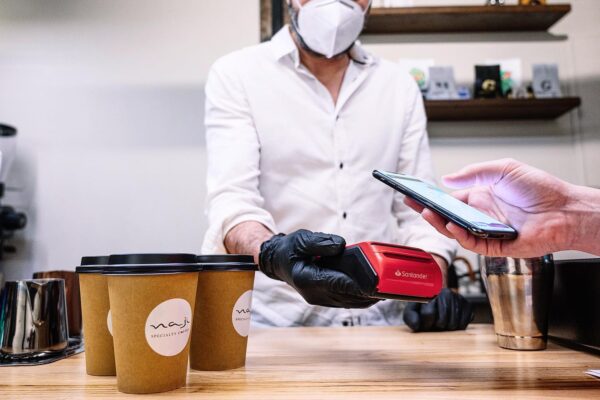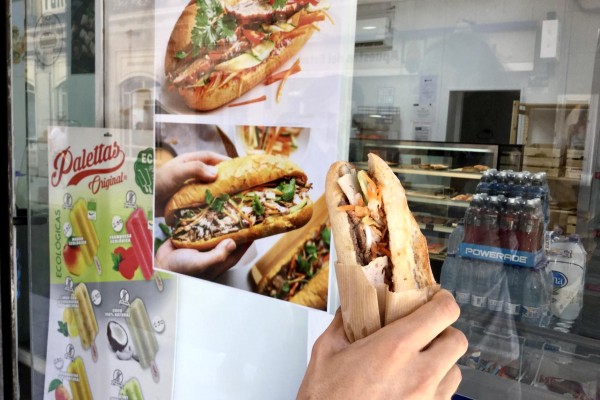Recently, I put out a call because I’m writing a piece on international remote workers who have chosen to relocate during the pandemic, like myself. And a man got in touch with me whose story I’d like to share in the Lockdown Diaries series. Coincidentally, we had both lived in Madrid and we now both live in Portugal, yet how we got here is very different. Although I’ll keep his name anonymous, he has given me permission to share his story with you.
This is the story of a man who discreetly left the United States for greener pastures in Europe during the pandemic. He didn’t feel like he could be his truest self in America—being gay and Black, especially in the South where he’s from. Nor did the work culture appeal to him. As he had lived abroad before in Madrid, and gained a taste of freedom and acceptance there, reintegrating back into the US afterward weighed heavily on him.
Back in January, he had a sense of dread that something terrible would happen in the US, so he began plotting his exit strategy. And as a singer and a teacher who gives classes online, he knew he could work from anywhere with internet access. .
Despite border closures between the US and Europe in July, he took action and flew a convoluted route from his city in the southern US to Belgrade, as Serbia is one of the only locations that is currently accepting travelers from the US. He missed his initial bus to Paris and spent a few more days in Belgrade than intended.
He was the only person of color on the 25-hour journey from Belgrade to Paris; several passengers asked him where he was from and made small talk. Three older Serbian men warmly extended their hands in friendship in the form of a cigarette that escalated into drinking together during the intermissions at rest stops where they would also generously share their food. This random act of kindness validated his commitment to the mission of leaving home; in his region of the US, this sort of inclusive camaraderie would not have occurred.
His passport was glanced at by customs agents in Serbia, Austria, and Germany. At one point, he was waiting in a security line alongside a French traveler and they made small talk as they waited. His intuition led him to stall and choose the gentler seeming guard at this checkpoint. The French traveler had the misfortune of being checked by a stricter guard and was not allowed through.
He presented his expired student visa from his previous chapter spent living abroad and when asked, claimed that he was currently living in Europe and that his final destination was the country that issued this expired visa. This story was accepted during these checks.
He recalls that when stoically facing law enforcement in Austria that, to put him at ease, they told him:
“This is not the United States, we are not going to hurt you.”
After arriving in Paris, he was no longer asked to present his passport at any checkpoints. From there, he took a 10-hour bus to San Sebastian in northern Spain where he immediately caught another 10-hour bus to the Portuguese countryside where he now lives off of the grid in a mobile van owned by a British family situated on their property.
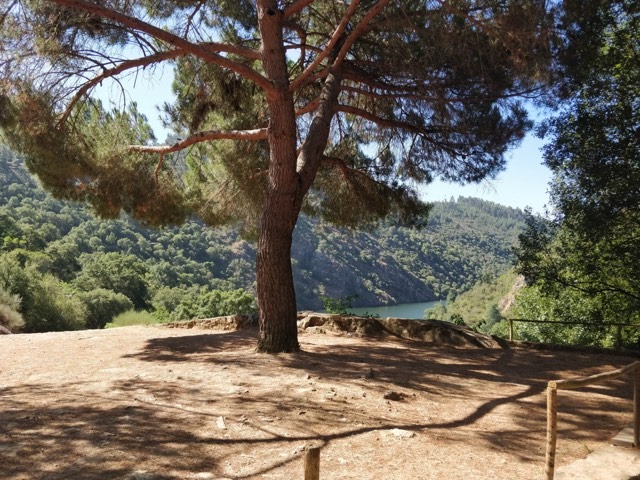
There are several mobile vans on this plot of land and they’ve formed a small community. As a remote worker who teaches English online, he is location-independent and can thrive in Portugal where the cost of living is low and the quality of life is high. He plans to purchase a van of his own and use it to travel all over the countryside after learning how to manage a stick-shift vehicle. He intends to learn Portuguese and eventually gain residence in Portugal.
He implores his fellow Americans to follow their hearts and break free from what he calls the artificial matrix of a life devoted purely to work, productivity, and profit.
*This is one man’s personal story, it is not to say that Europe is perfect.
If you have a unique story from this chapter of world history that you’d like to share, get in touch with me at: catalandaniel01@gmail.com
